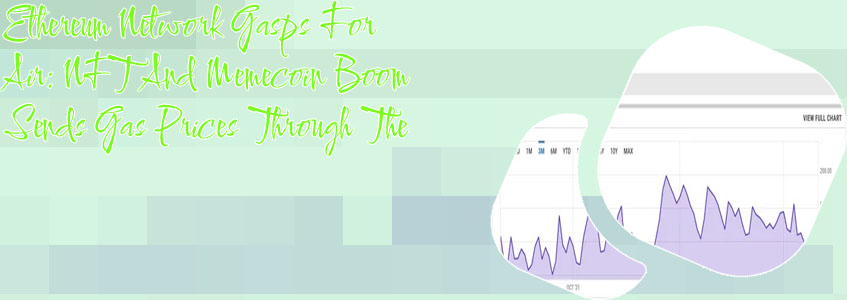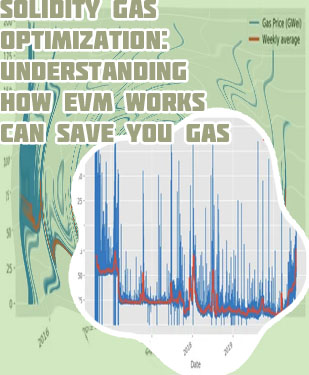
If you're tired of high Ethereum gas prices impacting your transactions, you're in luck! Below is a list of 2 articles that provide solutions to help you navigate the world of expensive gas fees on the Ethereum network. From tips on optimizing gas usage to understanding the factors that affect gas prices, these articles will help you save money and streamline your Ethereum transactions.
5 Ways to Reduce Ethereum Gas Fees for Your Transactions

As the popularity of Ethereum continues to grow, so do the gas fees associated with transactions on the network. High gas fees have become a common complaint among Ethereum users, but there are ways to reduce these fees and make transactions more cost-effective. In this article, we will explore five effective strategies to help you save money on gas fees when using Ethereum.
One way to reduce gas fees is to be mindful of the network congestion. By checking the current gas prices and choosing to transact during off-peak times, you may be able to save on fees. Additionally, optimizing your transaction settings such as gas limit and gas price can help you minimize costs. Another strategy is to batch your transactions whenever possible, combining multiple transactions into one to save on fees.
Furthermore, using layer 2 solutions such as Loopring or Polygon can significantly reduce gas fees for Ethereum transactions. These scaling solutions operate off-chain, allowing users to benefit from lower fees and faster processing times.
In conclusion, by following these five strategies – being mindful of network congestion, optimizing transaction settings, batching transactions, and utilizing layer 2 solutions – Ethereum users can effectively reduce gas fees and make their transactions more cost-efficient. By implementing these tactics, users can enjoy the benefits of the Ethereum network without breaking the bank.
Demystifying Ethereum Gas Prices: Factors That Affect Transaction Costs
Ethereum gas prices have been a hot topic of discussion within the cryptocurrency community, with many users feeling confused about the factors that affect transaction costs on the network. In order to better understand these complexities, it is important to demystify the various elements that contribute to gas prices.
One of the key factors that influence gas prices is network congestion. When the Ethereum network is congested, transaction fees tend to rise as users compete for block space. This is similar to traffic congestion on a busy highway - the more users trying to send transactions, the higher the fees.
Another factor that affects gas prices is the gas limit set by miners. The gas limit determines the maximum amount of computational work that can be done in a block, and miners are incentivized to prioritize transactions with higher gas fees. Therefore, users who are willing to pay a higher fee will likely have their transactions processed faster.
Additionally, the complexity of the transaction also plays a role in determining gas prices. More complex transactions require more computational resources, which in turn leads to higher fees.
Understanding these factors is crucial for users looking to optimize their transaction costs on the Ethereum network. By staying informed about network congestion, gas limits, and transaction complexity, users can make more informed decisions when sending transactions.
